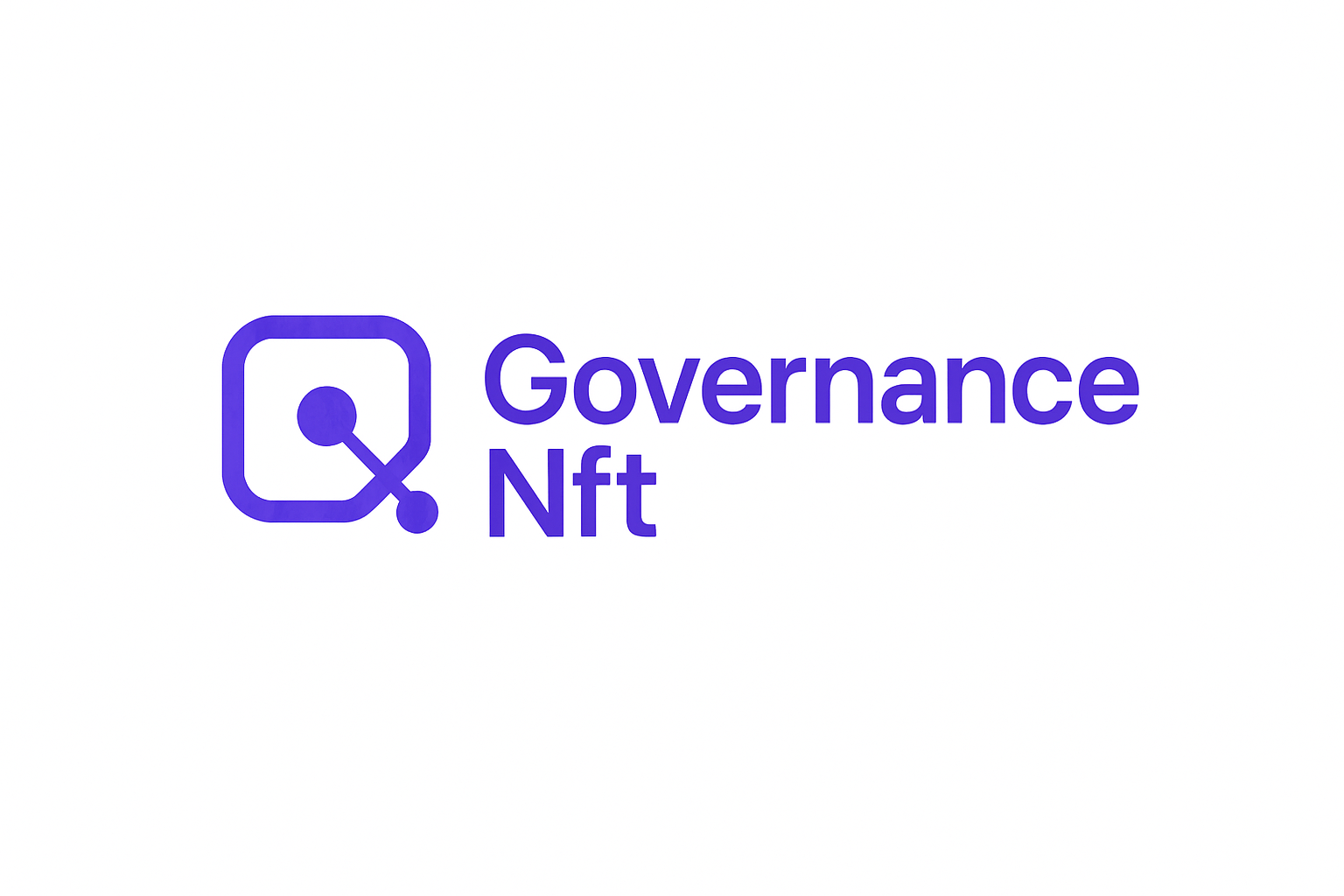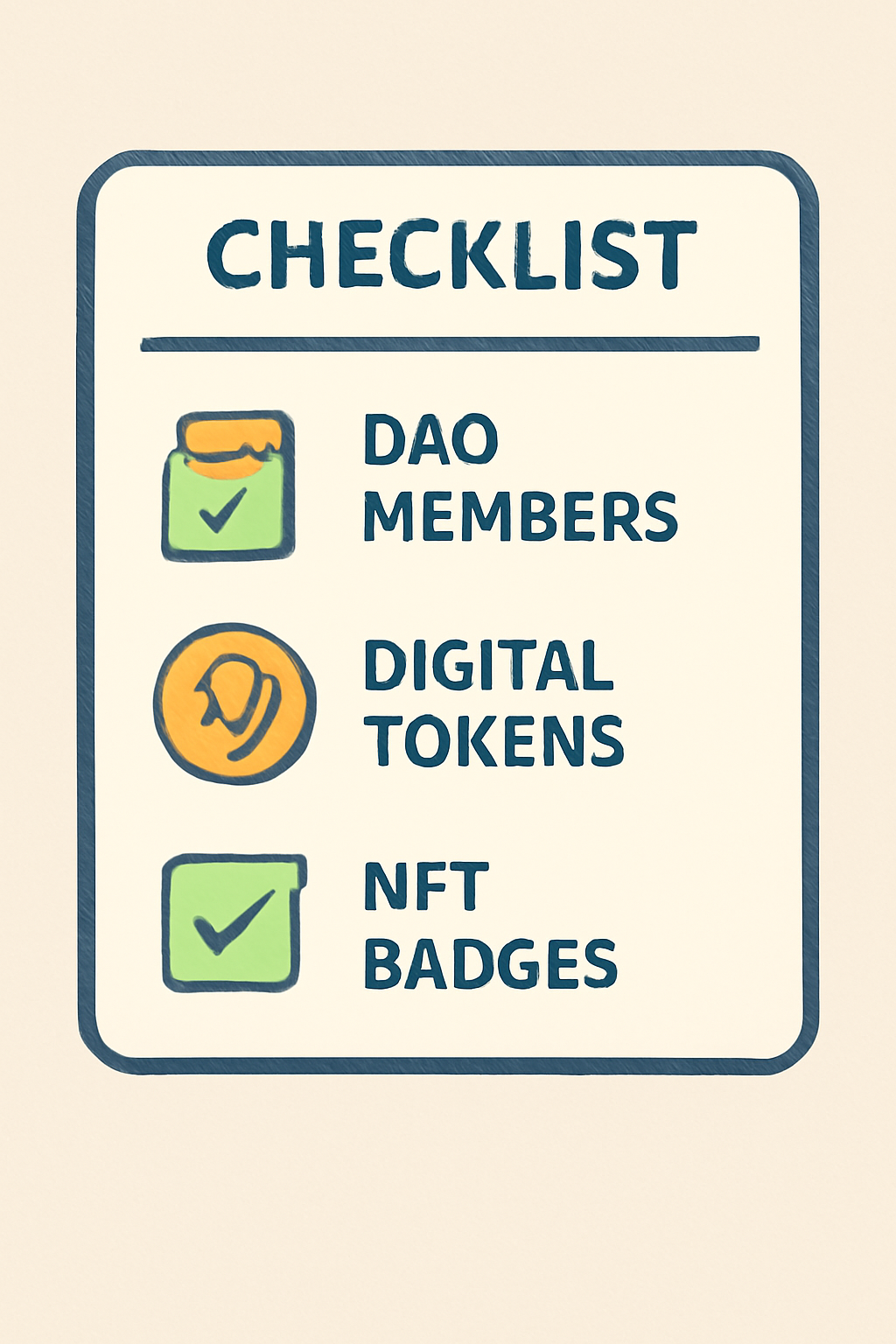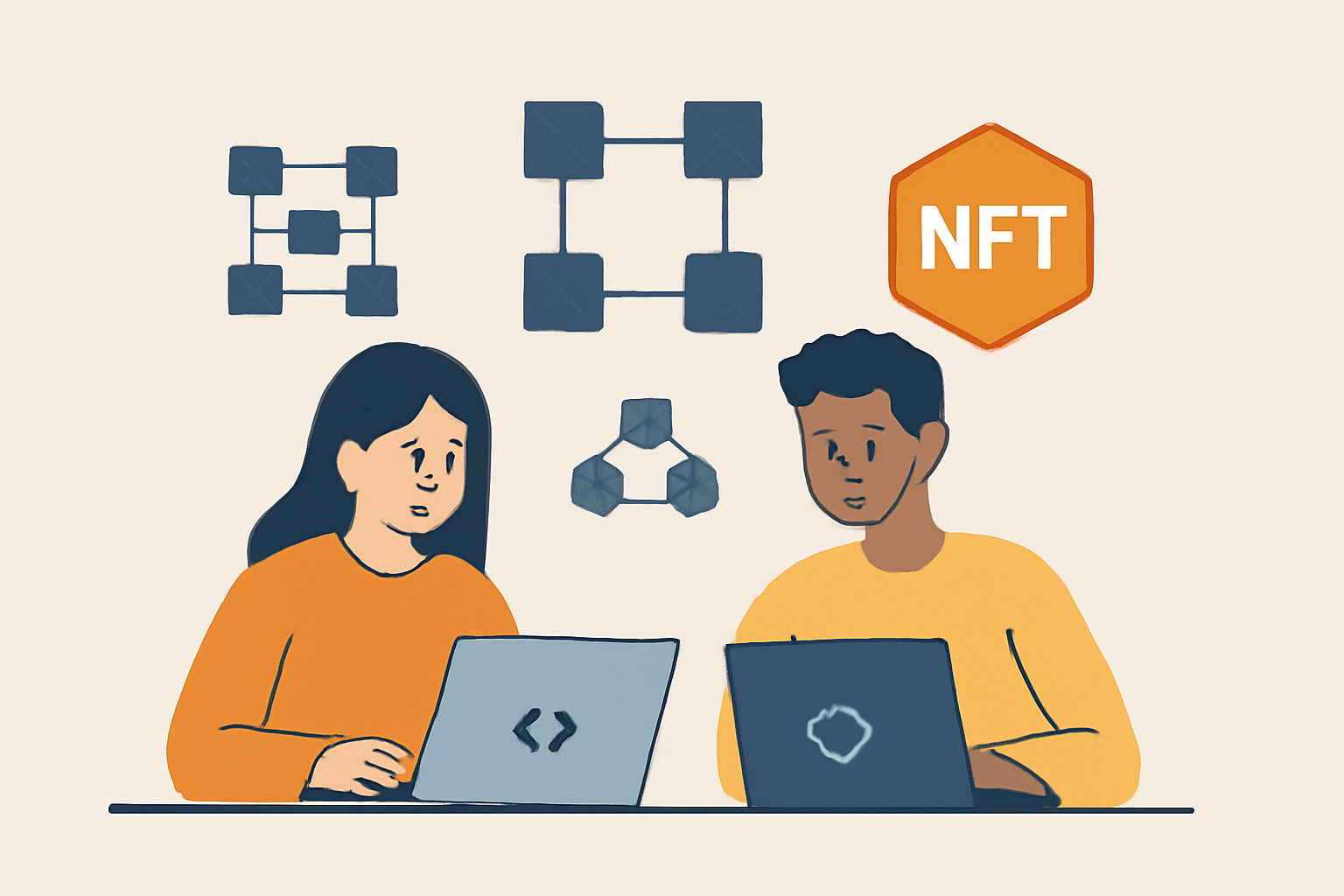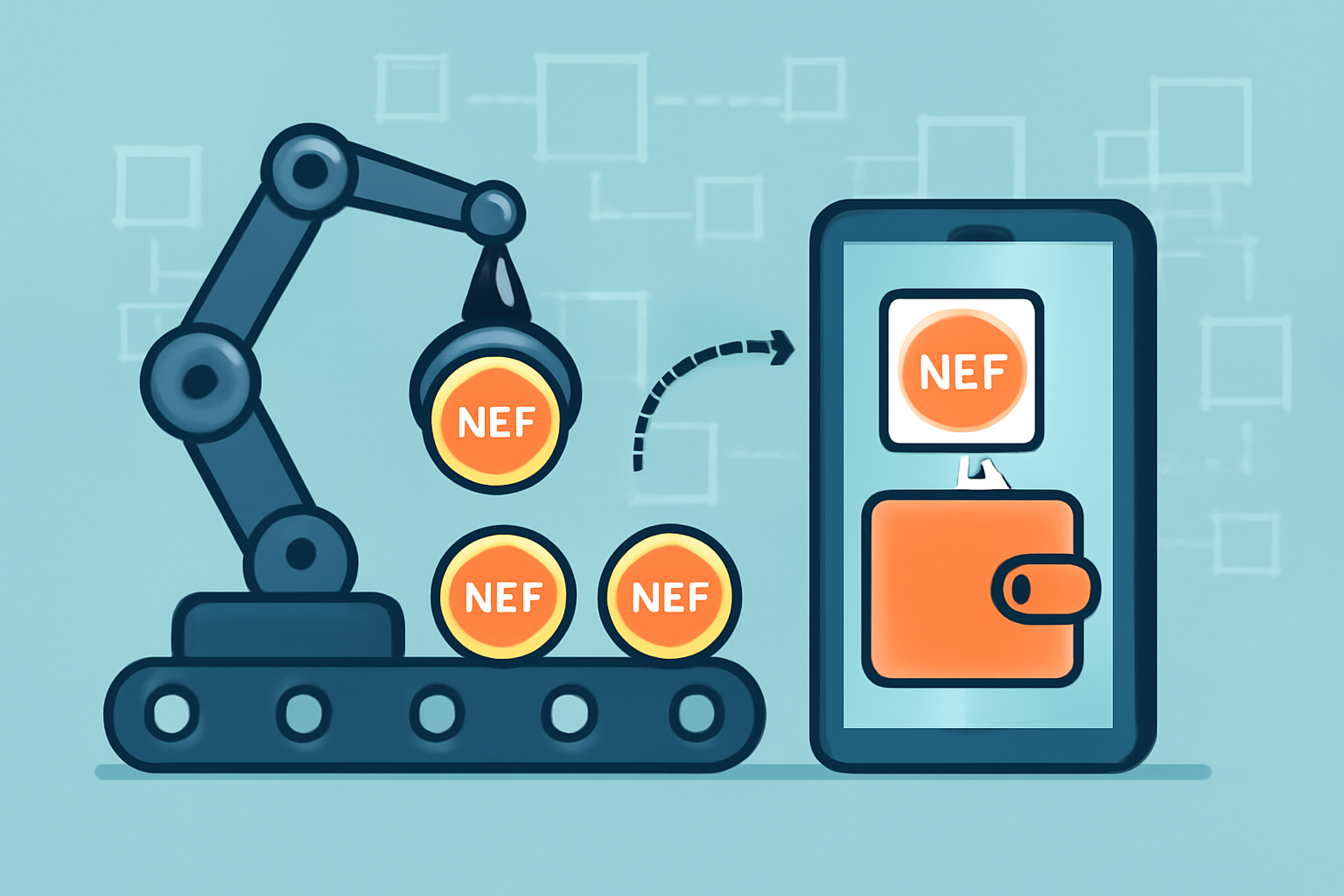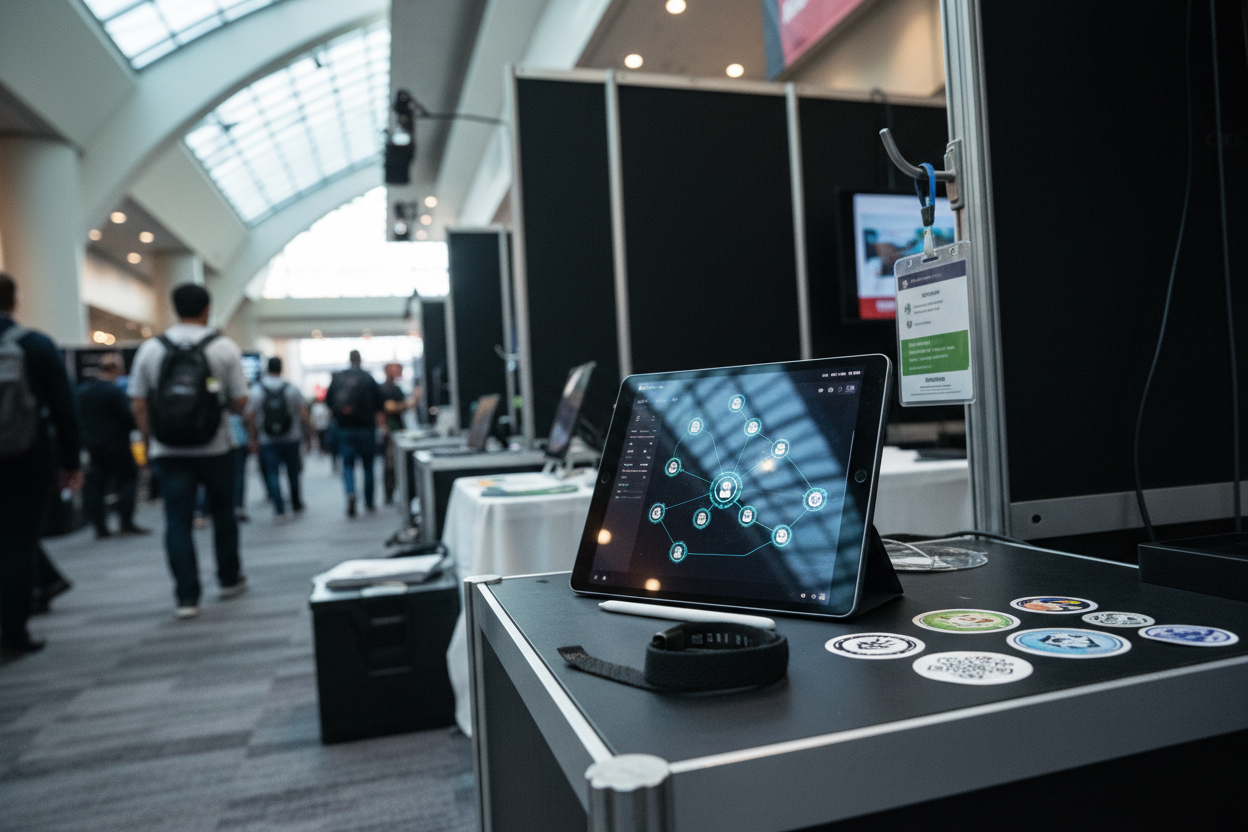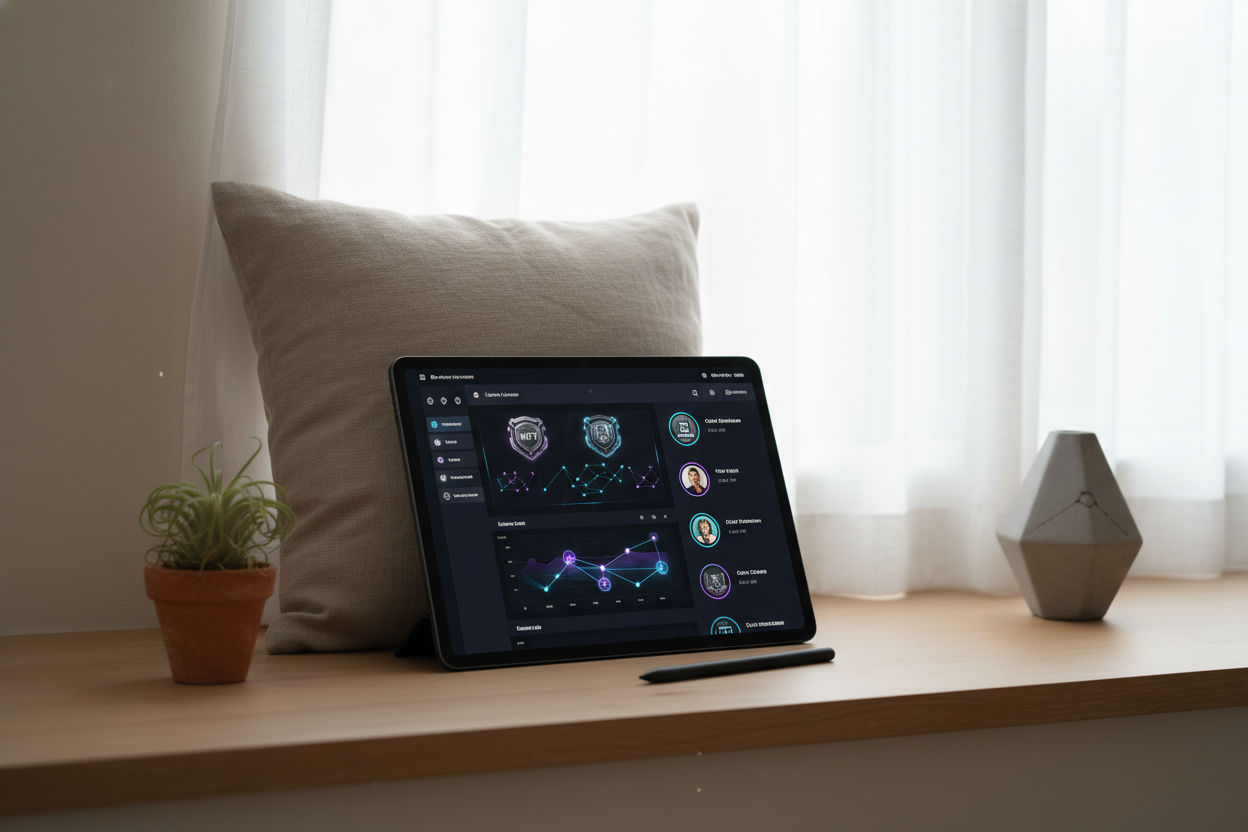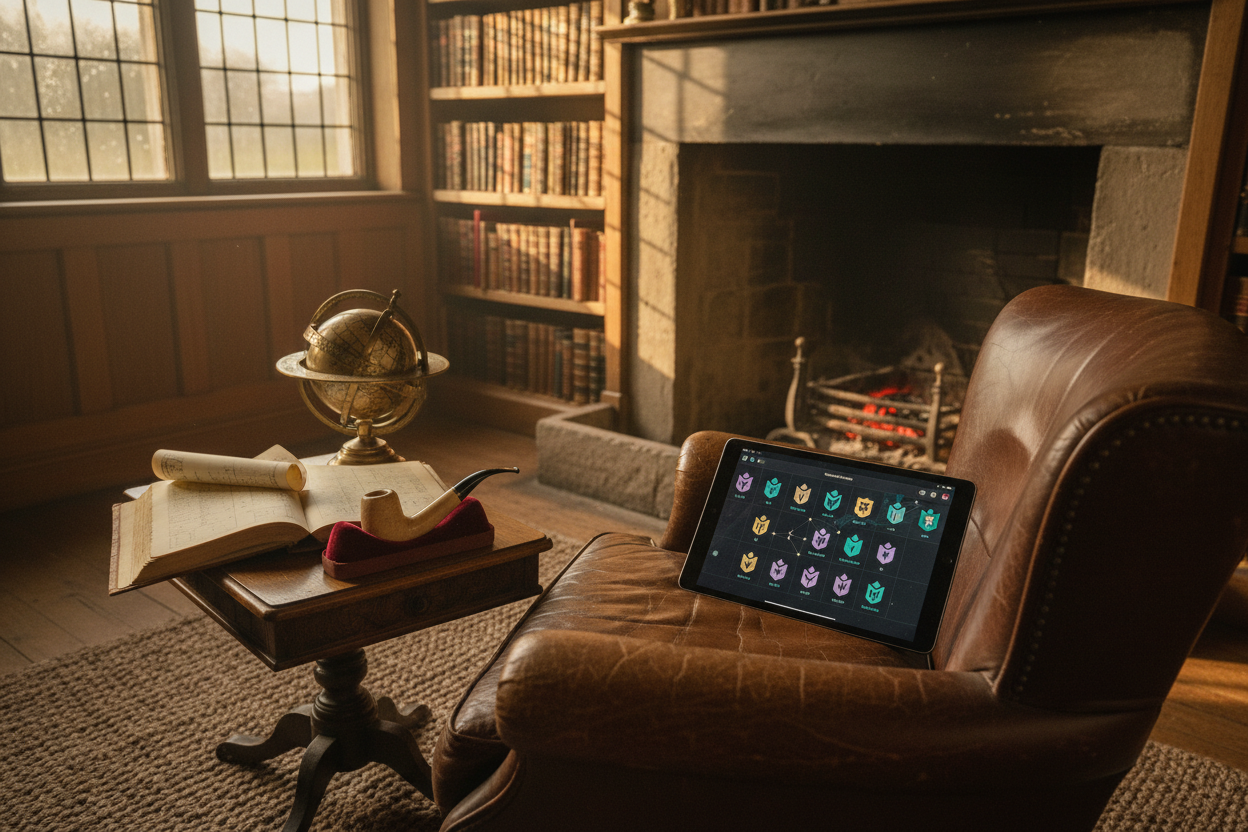
Decentralized Autonomous Organizations (DAOs) have rapidly evolved, and at the heart of this transformation lies a powerful innovation: DAO governance NFT badges. These digital credentials are more than just collectibles; they serve as verifiable, programmable tools for on-chain voting, member recognition, and transparent participation. If you’re building or participating in a DAO, understanding how to mint and use these decentralized voting badges is essential for fostering trust and efficiency in your community.
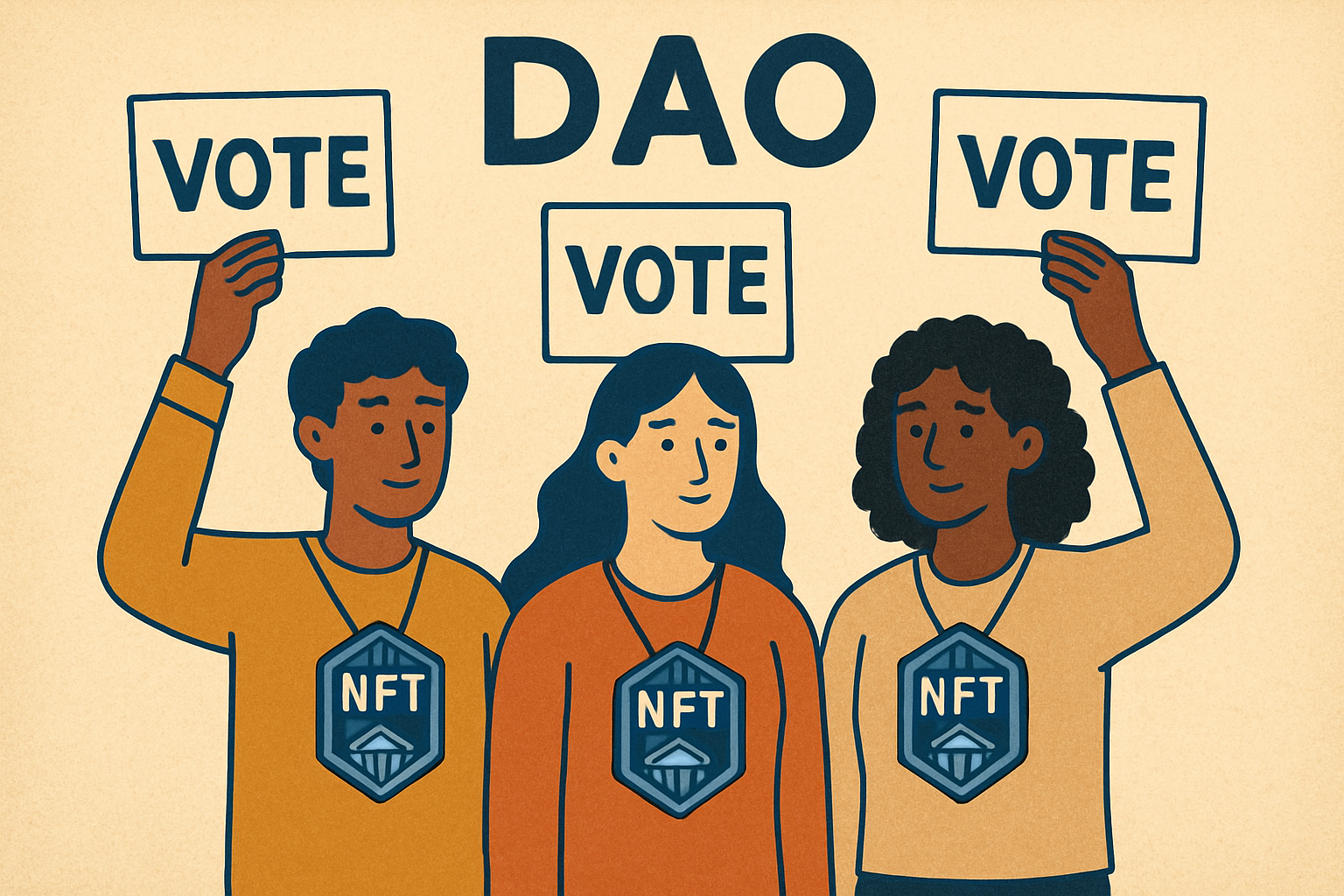
Why Governance NFT Badges Are Revolutionizing DAO Voting
Traditional token-based voting in DAOs often faces challenges like vote manipulation, sybil attacks, and lack of nuanced member recognition. Governance NFT badges directly address these issues by linking voting rights to unique, non-transferable NFTs that can be programmed with specific attributes. This ensures that each vote is tied to a single, verifiable identity, dramatically enhancing transparency and reducing the risk of double voting or vote buying. Platforms like Marinade Finance and RootstockCollective have already demonstrated how on-chain voting with NFTs can streamline proposal submissions and empower active contributors.
These badges aren’t just about access, they’re about reputation, accountability, and aligning incentives within the DAO. By assigning voting power based on contributions or expertise, DAOs can create a more meritocratic and engaged community. For a deeper dive into transparency benefits, see how governance NFT badges enhance transparency in DAO voting processes.
Step-By-Step: Minting Your DAO Governance NFT Badges
Minting governance NFTs is a multi-stage process that requires careful planning and technical execution. Here’s a breakdown of the key steps:
- Define Eligibility Criteria: Start by setting clear rules for who can earn a badge. Criteria might include active participation, significant contributions, or holding a minimum balance of your DAO’s native token. For example, Divi Project requires users to hold a proposal NFT and at least 1 eDIVI before submitting proposals.
- Develop Smart Contracts: Use open-source protocols like Otterspace or integrate plugins that support Soulbound Tokens (SBTs), ensuring badges are permanently tied to individual wallets. This step is crucial for maintaining the integrity of your decentralized voting system.
- Automate Issuance: Implement triggers that automatically mint badges when members complete specific tasks or reach milestones. Automation speeds up recognition and minimizes manual oversight.
This approach not only reduces administrative overhead but also ensures timely, objective distribution of badges, key for scalable DAOs. For more technical guidance on implementation, see how to issue governance NFT badges for DAO voting rights.
Integrating NFT Badges into DAO Voting Mechanisms
Once your governance NFTs are minted, the next step is integrating them into your DAO’s voting framework. This involves:
Top DAO Platforms for NFT Badge-Based Voting
-
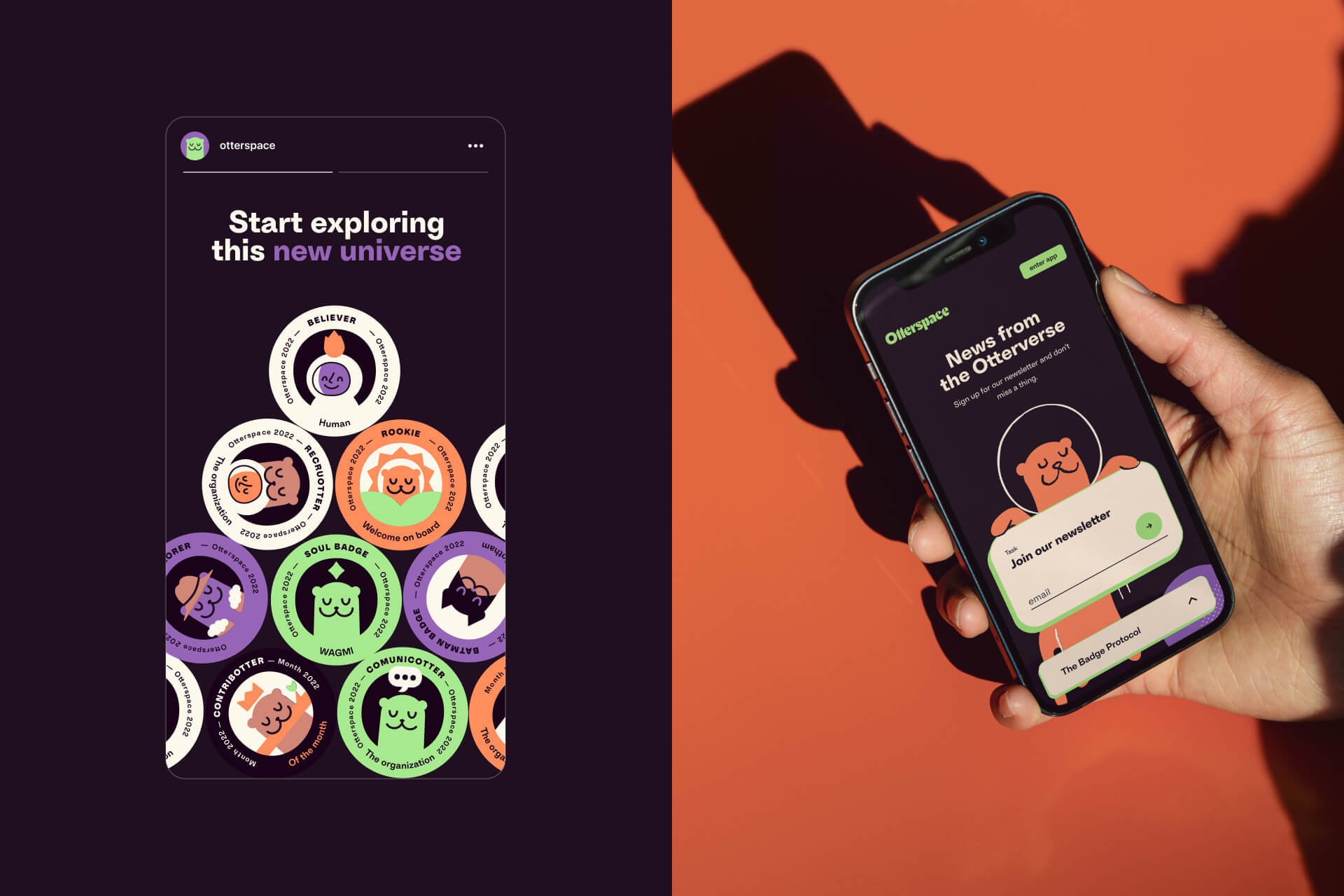
Otterspace: A leading protocol for issuing Soulbound NFT badges that represent DAO memberships and governance rights. Otterspace badges are non-transferable, ensuring each vote is tied to a unique, verifiable member and enhancing transparency in DAO voting.
-
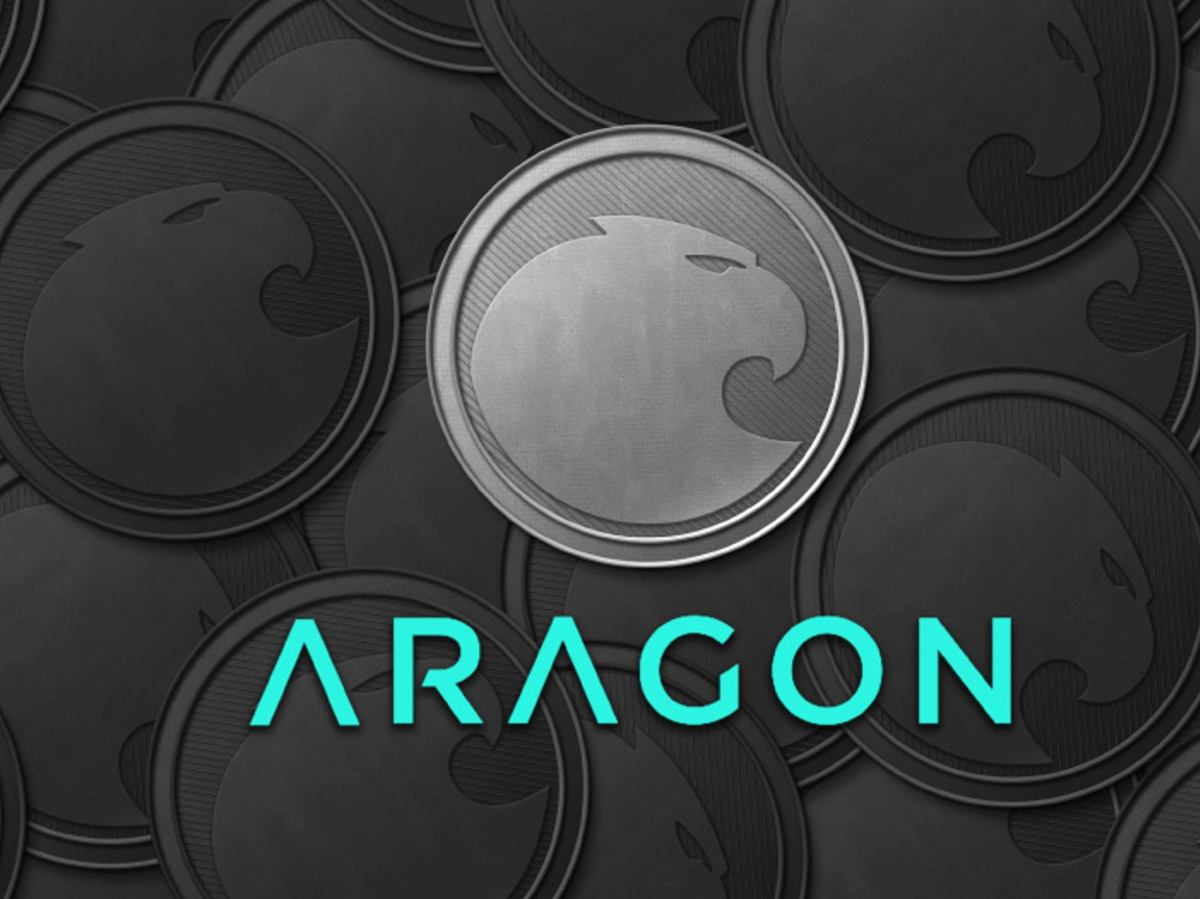
Aragon: A pioneer in DAO infrastructure, Aragon offers modular governance tools and supports NFT-based voting via plugins. It allows DAOs to mint governance badges and integrate them directly into their proposal and voting workflows.
-
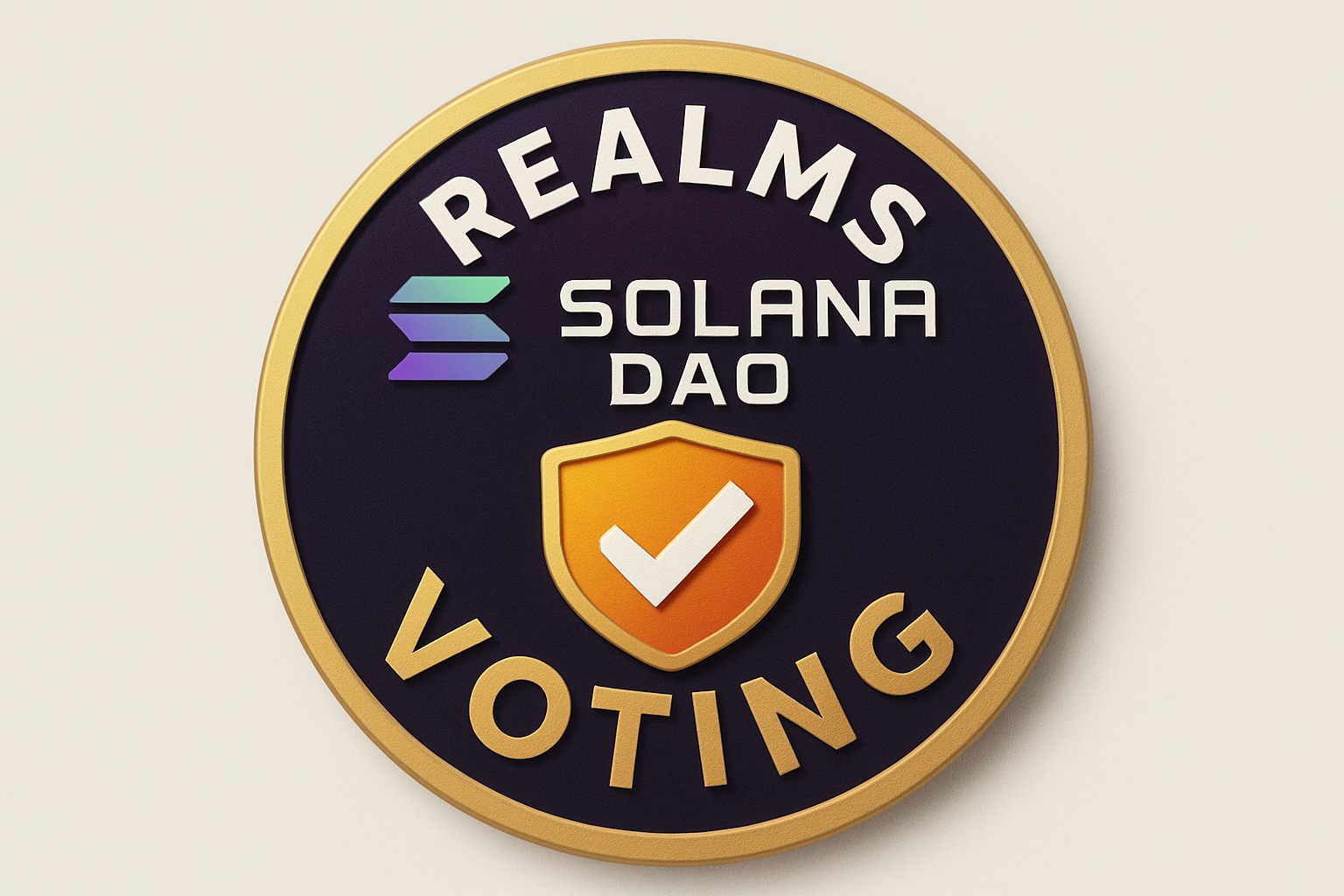
Realms: Built on Solana, Realms enables DAOs to use custom NFT badges for proposal submission and voting. Its flexible plugin system supports integration with NFT-based governance models, including weighted voting and badge-based permissions.
-
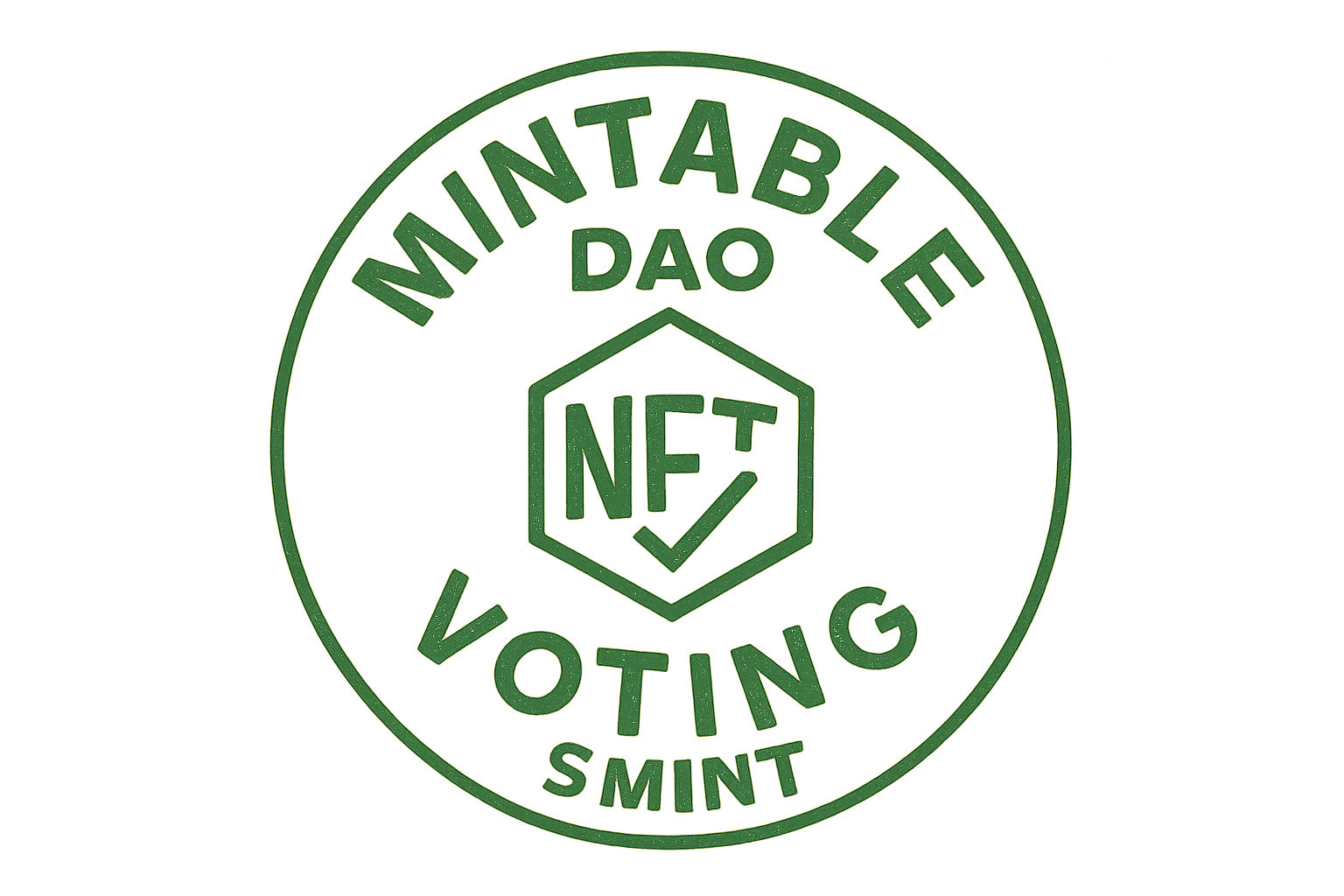
Mintable DAO: This platform is fully governed by $MINT voting NFTs, replacing traditional ERC20 tokens. Members hold unique NFTs that grant voting rights and proposal access, ensuring one-person-one-vote and transparent governance.
-
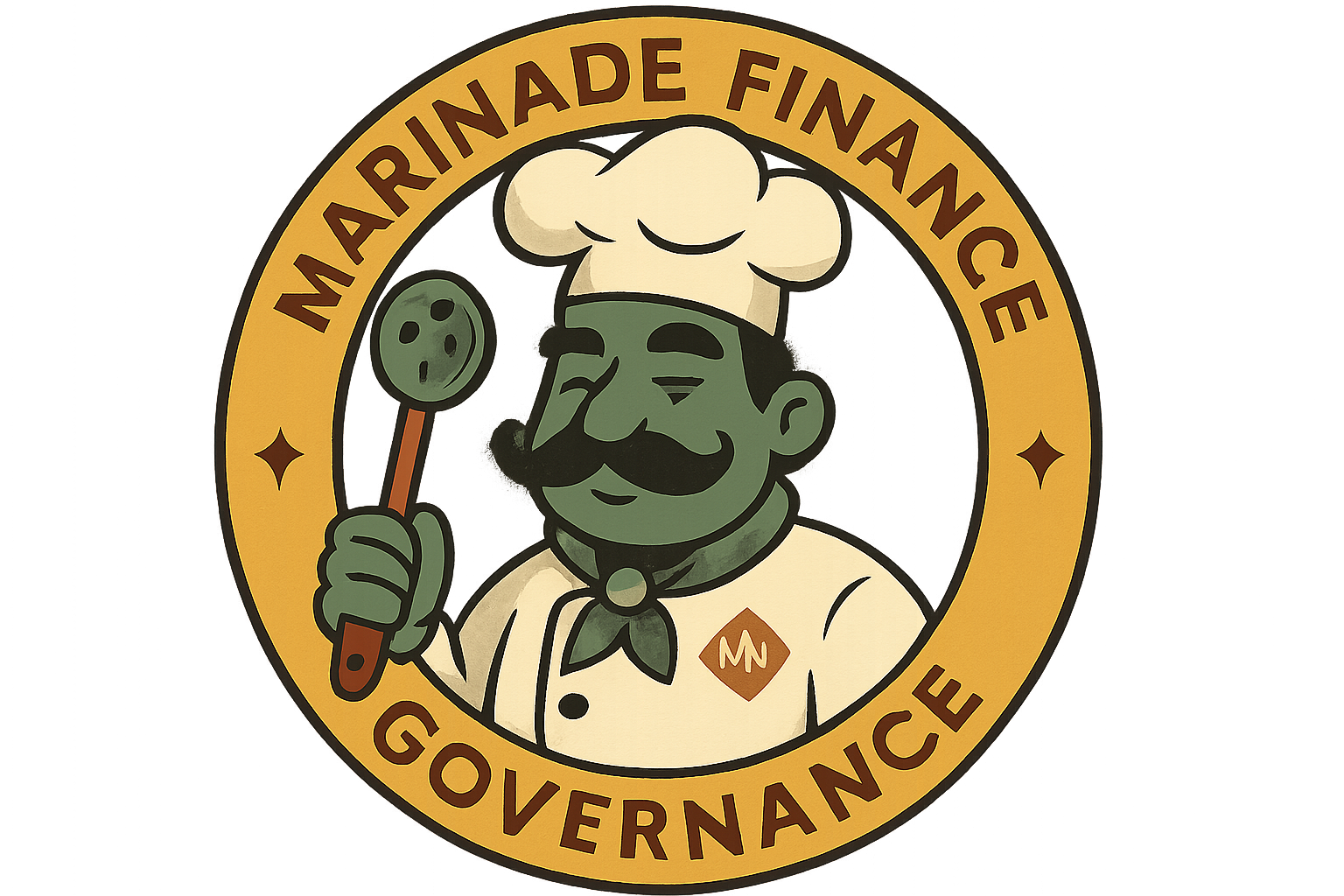
Marinade Finance: Marinade’s on-chain governance allows users to lock MNDE tokens and mint Chef NFTs as governance badges. These NFTs empower holders to participate in DAO proposals and votes, aligning decision-making power with active engagement.
-

RootstockCollective: This DAO issues dynamic Community Badges as NFTs to recognize member roles and contributions. These badges unlock voting rights and BTC-based rewards, fostering transparent and merit-based governance.
Voting models can be tailored to your community’s values:
- One-Badge-One-Vote: Each badge grants equal power, promoting egalitarian participation.
- Weighted Voting: Badges can be assigned different weights based on tier or contribution level, supporting a merit-based approach.
Smart contracts manage proposal submissions, voting periods, and quorum requirements, ensuring that only verified badge holders can participate. Regular audits and transparent communication about badge criteria are vital for maintaining trust and security. If you want to explore how DAOs use NFT badges to streamline governance, check out how DAOs use NFT badges to streamline governance and voting.
Beyond the technical infrastructure, the real impact of DAO governance NFT badges is seen in how they empower and incentivize community members. These badges serve as both proof of involvement and as a mechanism for rewarding meaningful contributions. By making voting rights visible and verifiable, DAOs foster a sense of ownership and accountability among their members, which is essential for healthy, decentralized decision-making.
For instance, Marinade Finance’s use of Chef NFTs and RootstockCollective’s dynamic Community Badges have set new standards for on-chain voting with NFTs. In both cases, members not only gain the ability to vote but also earn recognition and, in some cases, tangible rewards for their ongoing participation. This approach helps to align incentives and ensures that those who are most invested in the DAO’s mission have a proportional influence on its direction.
Best Practices for Secure and Transparent Voting with NFT Badges
To maximize the benefits of decentralized voting badges, DAOs should prioritize transparency, security, and ongoing community education. Here are some best practices to consider:
Best Practices for Secure and Transparent DAO Governance NFT Badges
-
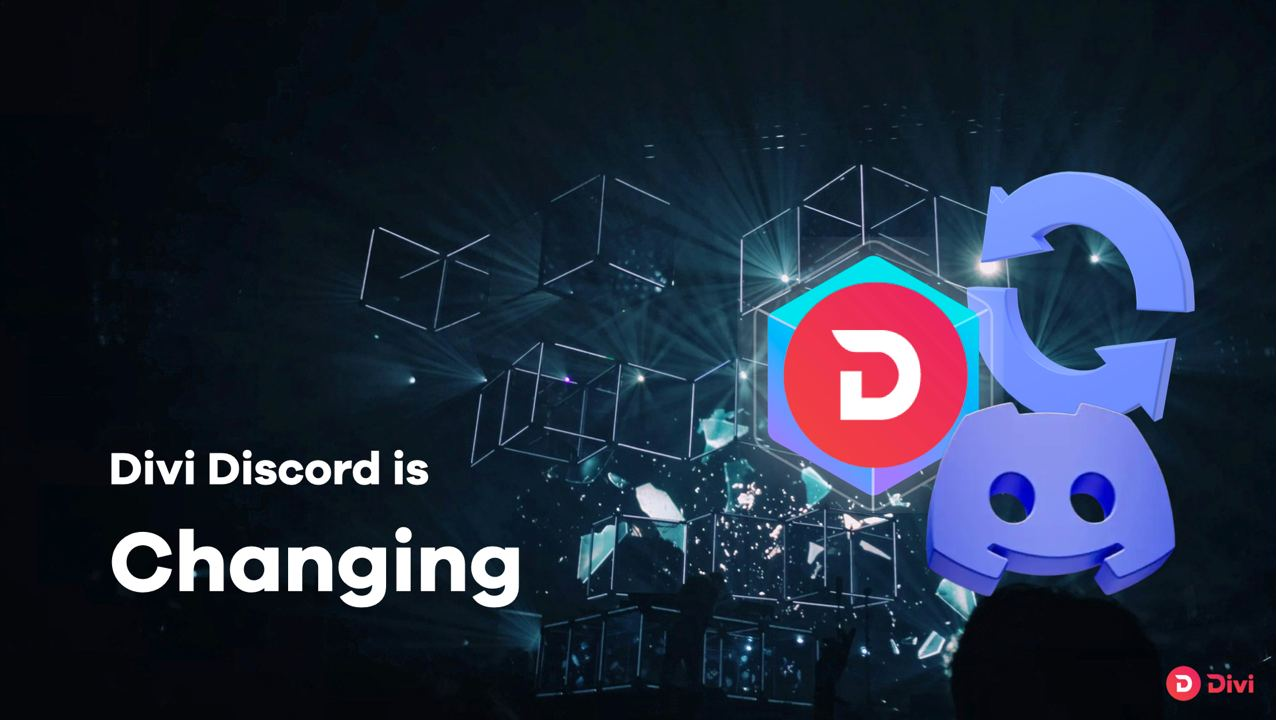
Define Clear Eligibility Criteria: Establish transparent, objective requirements for earning governance NFT badges—such as specific community contributions, holding minimum token balances, or completing on-chain tasks. Projects like Divi Project require both a Divi DAO PROPOSAL NFT and a minimum 1 eDIVI balance to submit proposals.
-
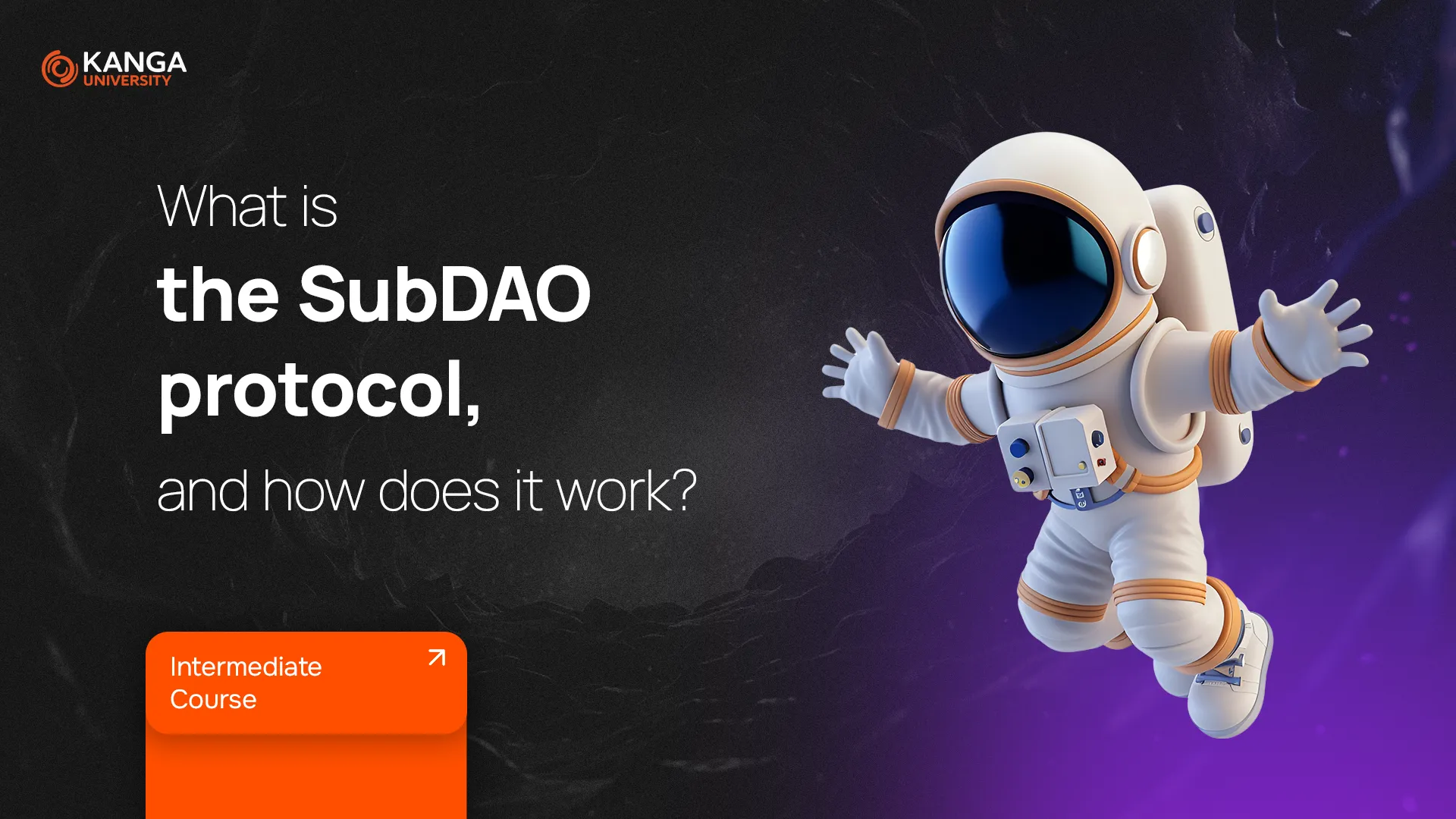
Utilize Robust, Audited Smart Contracts: Mint and manage governance NFTs using secure, open-source protocols such as Otterspace or NFT voting plugins on platforms like Realms. Regularly audit smart contracts to prevent exploits and unauthorized badge creation.
-
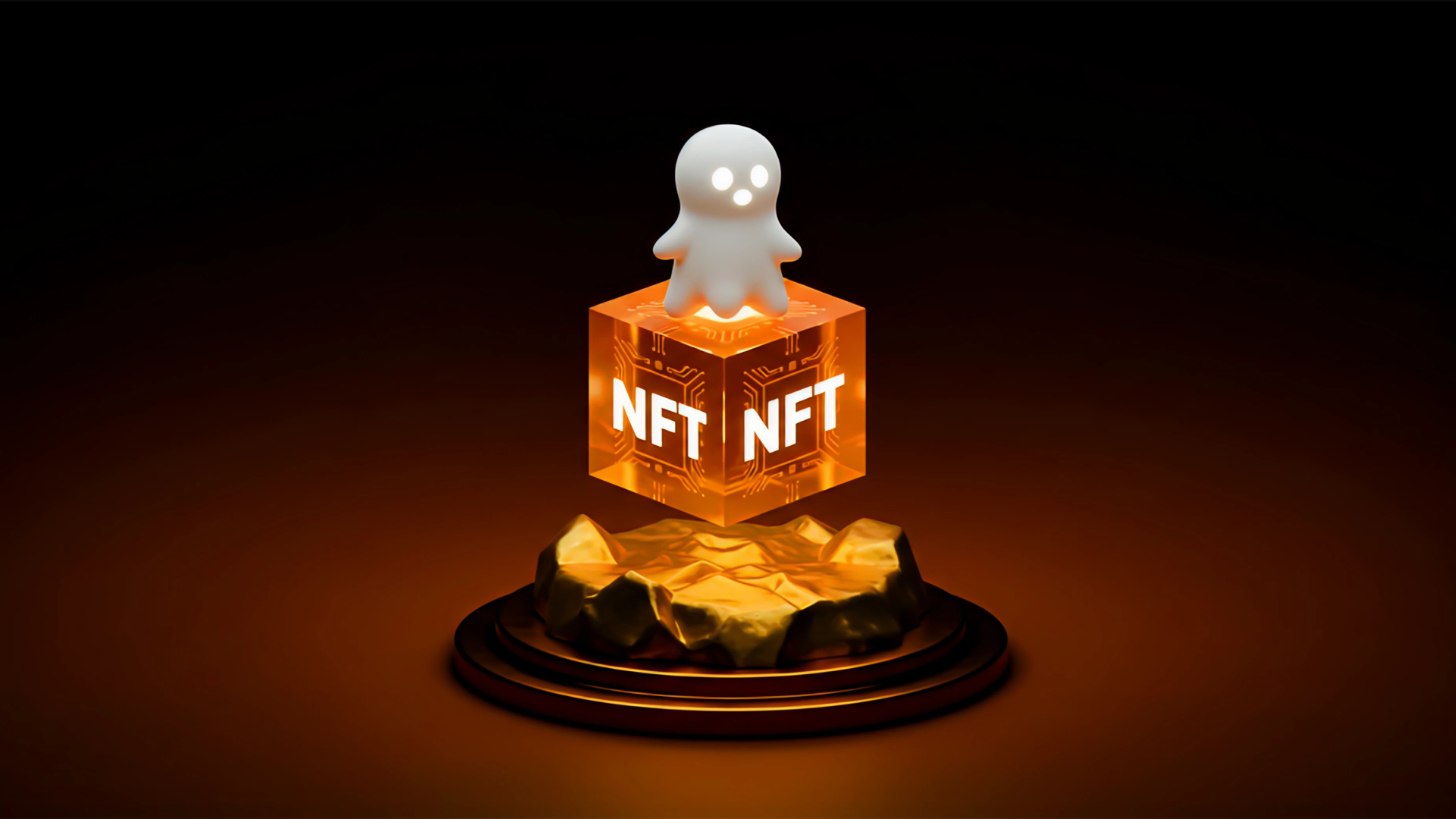
Issue Non-Transferable (Soulbound) Badges: Use Soulbound Tokens (SBTs) that are permanently linked to a member’s wallet address, ensuring that voting rights cannot be transferred or sold. This preserves the integrity of one-member-one-vote systems.
-
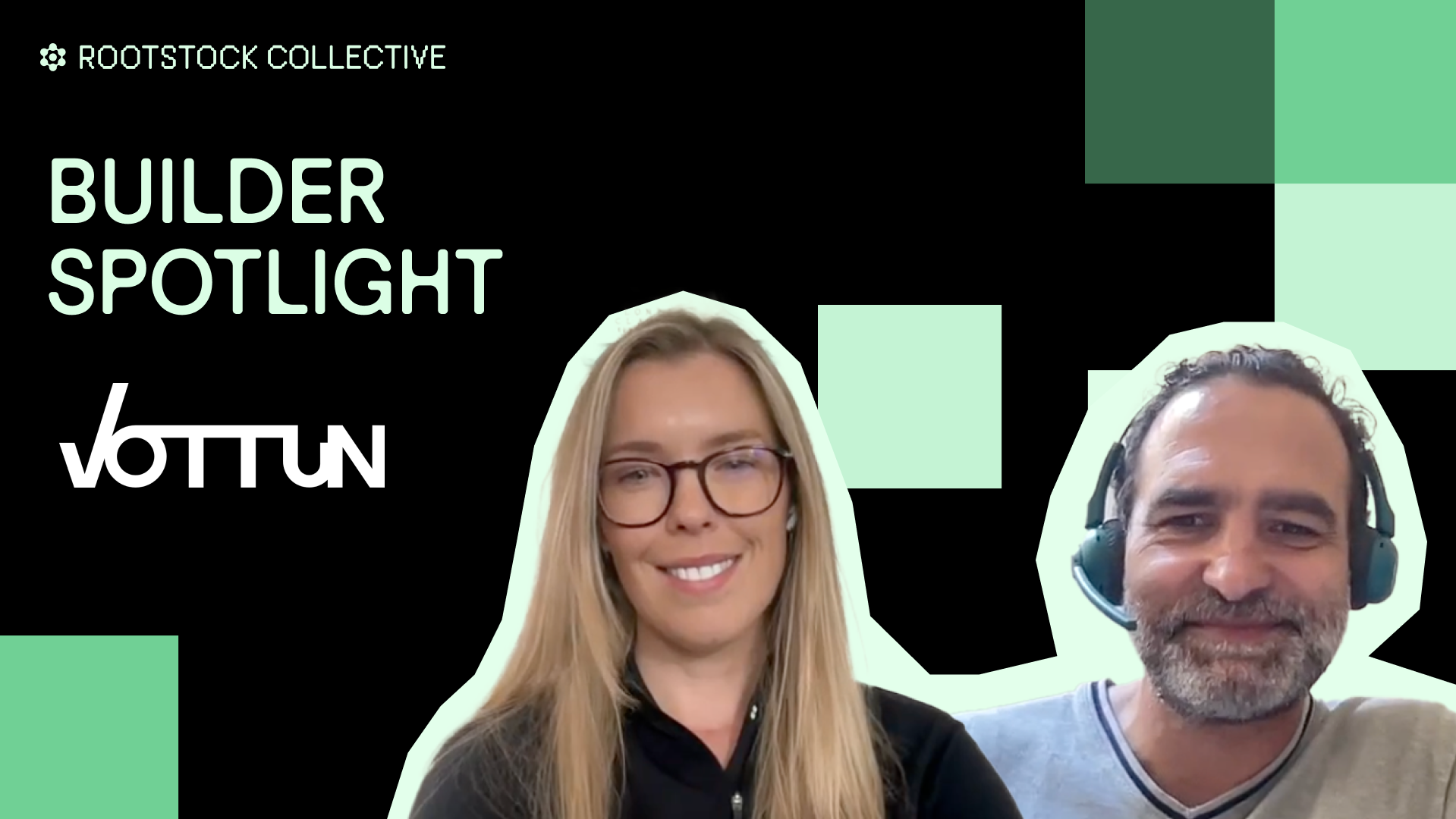
Automate Badge Issuance Based on Verifiable Actions: Implement automated systems that distribute governance NFTs when members complete specific tasks or reach milestones, reducing manual errors and ensuring timely recognition. For example, RootstockCollective issues dynamic Community Badges reflecting real contributions.
-
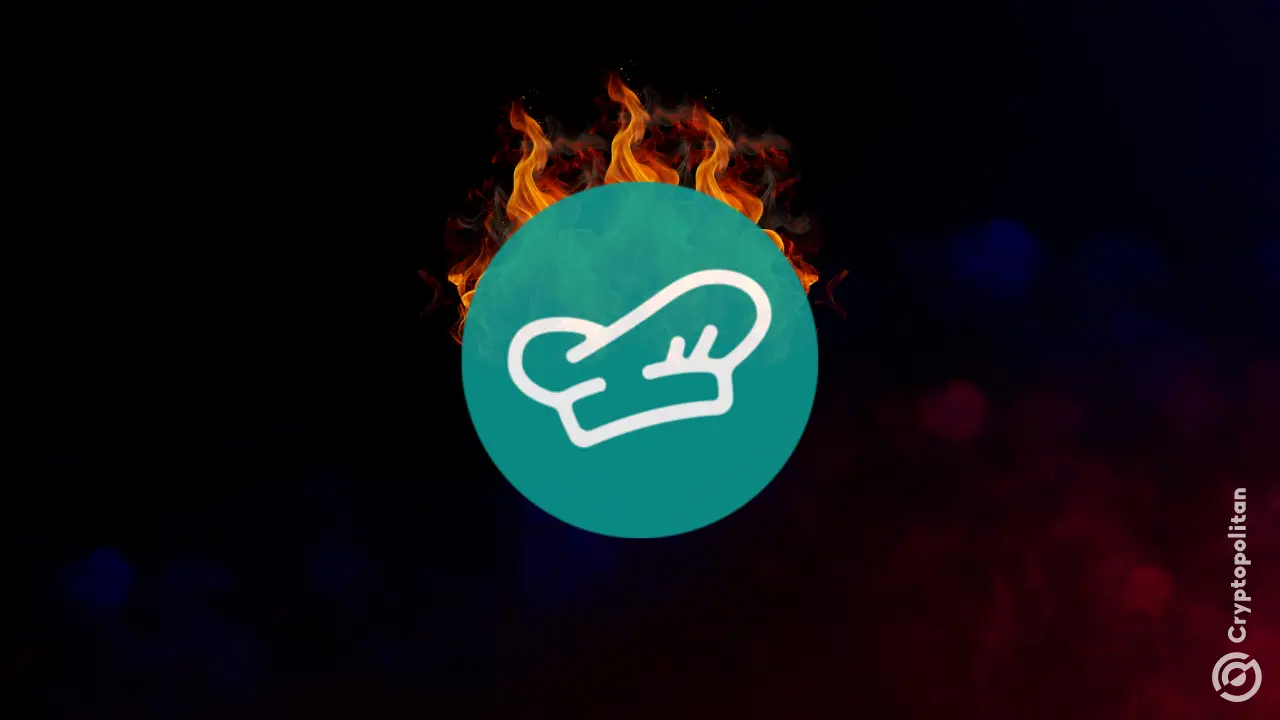
Integrate NFT Badges with Established Voting Platforms: Ensure governance frameworks recognize NFT badges as voting credentials by integrating with platforms like Marinade Finance, where Chef NFTs are used for on-chain proposal submissions and voting.
-
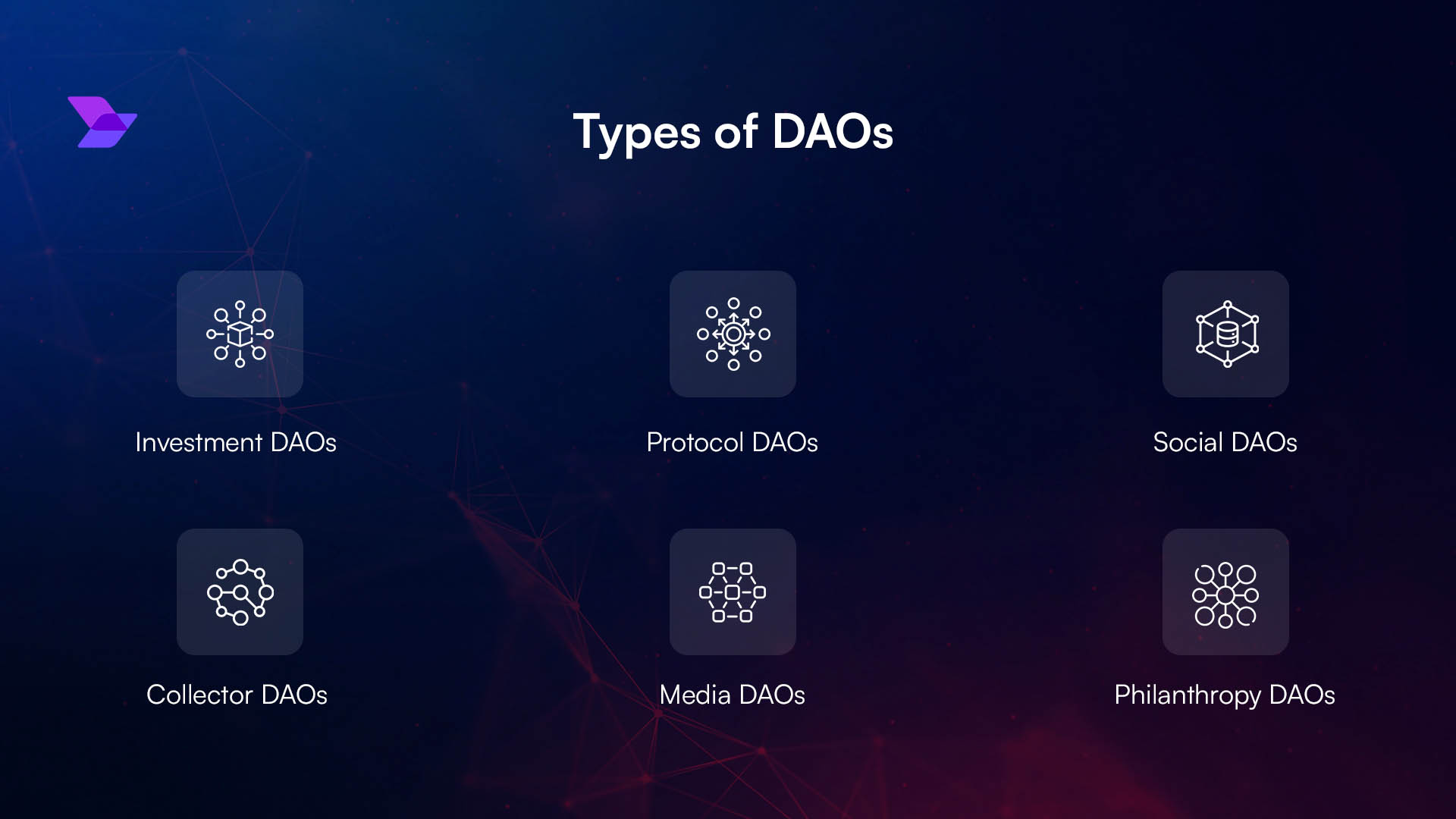
Implement Transparent Voting Mechanisms: Choose voting models—such as one-badge-one-vote or weighted voting—aligned with your DAO’s goals. Clearly communicate how badge attributes affect voting power to all members.
-
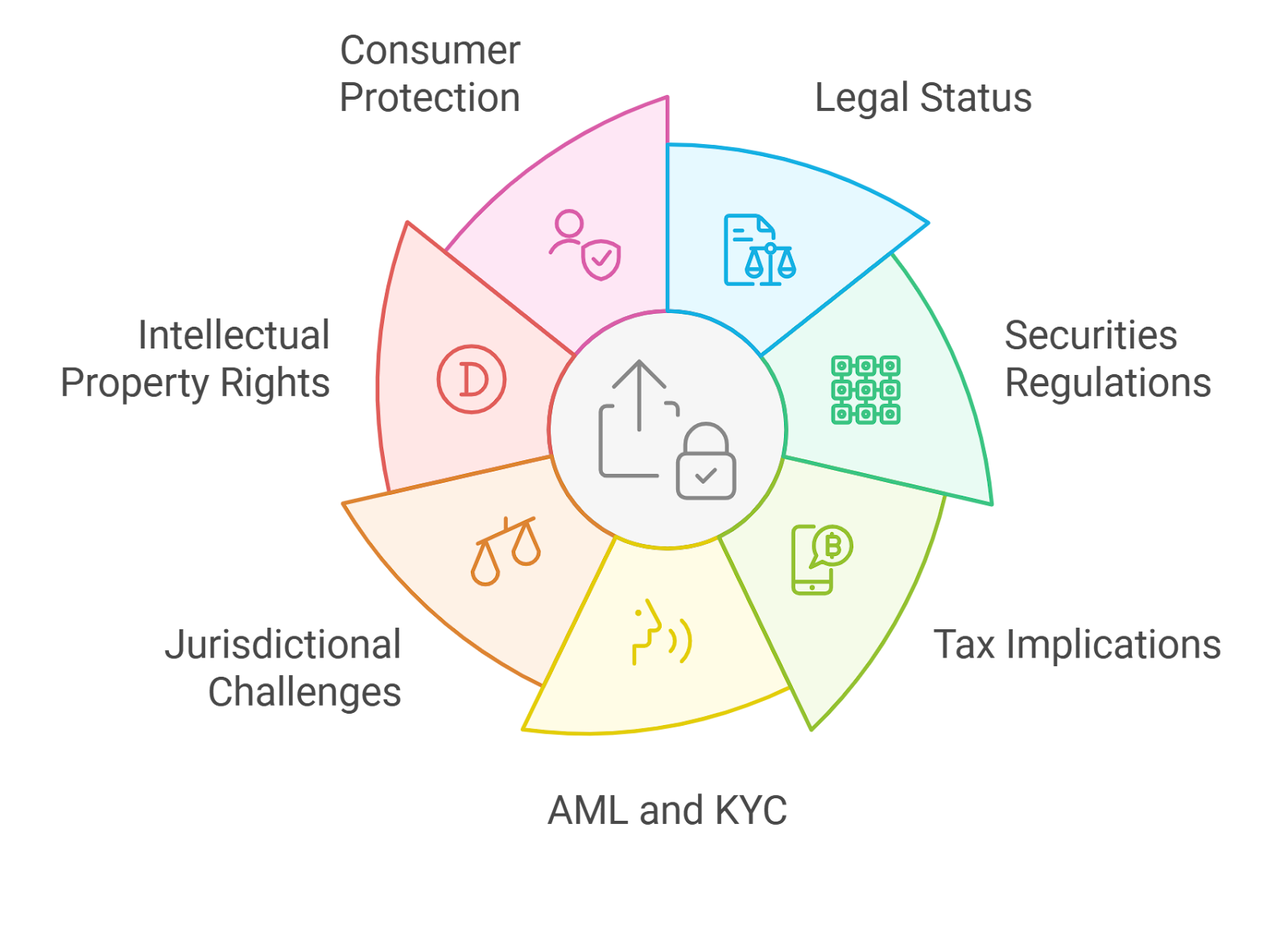
Maintain Open Communication and Documentation: Publicly document badge issuance criteria, voting procedures, and governance outcomes. Transparency builds trust and encourages active participation across the DAO.
- Regular Smart Contract Audits: Conduct independent reviews to prevent vulnerabilities or unauthorized minting.
- Clear Documentation: Publish eligibility criteria, badge attributes, and voting rules so members understand how to participate and what their badge represents.
- Open Communication Channels: Use forums, Discord, or governance portals to answer questions and gather feedback about the badge system.
- Dynamic Badge Updates: Consider badges that evolve with member contributions, keeping participation fresh and ongoing.
DAOs that actively communicate the value and function of their governance NFTs see higher engagement and more robust governance outcomes. For more on how NFTs can boost participation and transparency, see how DAOs use governance NFT badges to enhance member participation and voting transparency.
Challenges and Opportunities Ahead
While the adoption of governance NFT badges is accelerating, there are still challenges to address. Interoperability between platforms, evolving regulatory landscapes, and the need for user-friendly interfaces remain ongoing concerns. However, the opportunities far outweigh the hurdles. As more DAOs experiment with programmable badges, we’ll likely see:
- Greater diversity in voting models, including reputation-based and quadratic voting
- Integration with off-chain identity systems for even stronger sybil resistance
- Automated rewards and recognition systems tied directly to badge activity
Ultimately, governance NFT badges are redefining what it means to participate in a decentralized organization. They create a bridge between individual contributions and collective decision-making, making DAOs more inclusive, transparent, and resilient.
Key Takeaways for DAO Builders and Members
- DAO governance NFT badges offer secure, verifiable voting rights that can be tailored to your community’s unique needs.
- Minting and managing these badges is streamlined with modern DAO tooling platforms and protocols.
- Transparent documentation and regular audits are essential for maintaining trust and security.
- Innovative DAOs are already leveraging badges for dynamic participation and rewards.
If you’re ready to take your DAO’s governance to the next level, explore our resources on how DAOs use NFT badges to assign voting power and track contributions, or dive deeper into the mechanics of how NFT badges enhance transparency in DAO decision-making.
